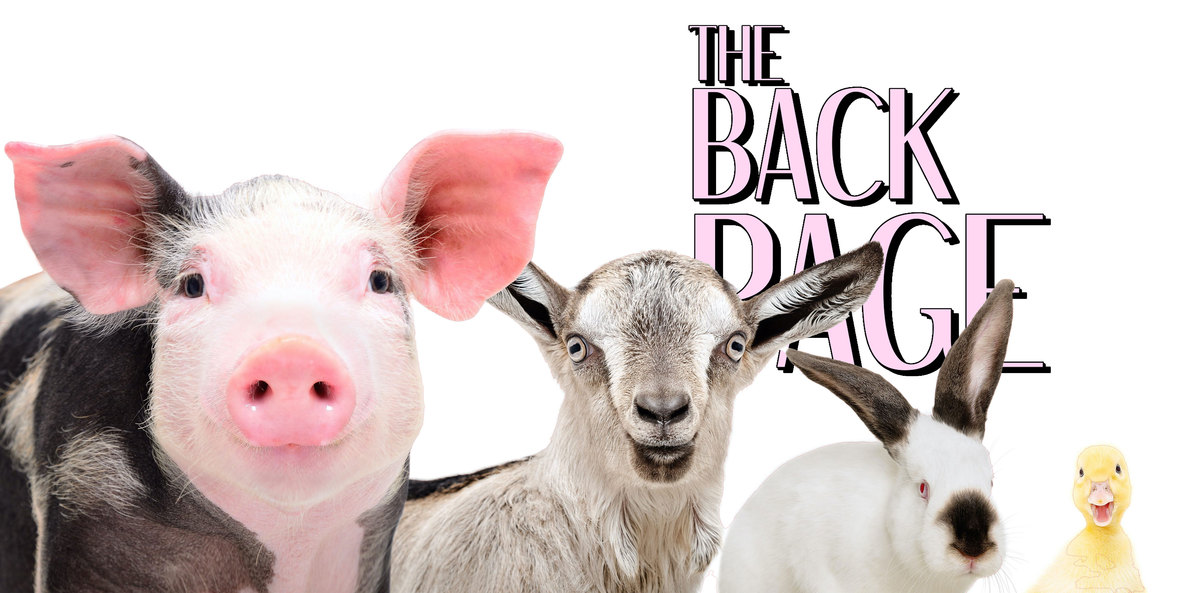Kids hold the higher moral ground on meaty matters.
As most parents would know, children and adults see the world quite differently when it comes to things such as food and animals.
From personal experience, your Back Page correspondent can advise that if a preschooler asks you where honey comes from, do not reply: “From bees’ bottoms”. It’s not only scientifically inaccurate, you could also be overestimating your child’s comedic sophistication. (OK, their mum wasn’t terribly amused either.)
But don’t take our word for it. Actual scientists have researched the issue and reported their findings in the journal, Social Psychological and Personality Science.
The research focuses on the differing attitudes between adults and children towards consuming meat, with the key takeout being that youngsters consider the practice to be less morally acceptable than adults.
The study measured beliefs about whether an animal’s worth depended on its species and how study participants felt an animal was usually treated, and how it should be treated.
Children were less likely to see a moral hierarchy between humans and animals and less likely to categorise farm animals as food, the researchers said.
The study also refutes claims that humans are born with the mental processes that justify eating animal flesh and propose that acceptance of a carnivorous disposition is something we develop (or not) somewhere from the age of 11 years onwards.
“Our findings suggest we need to consider how we talk to children about humans’ relationship with non-human animals,” lead author Luke McGuire, of the University of Exeter, told media.
Understanding the human motivation to eat meat was an important factor in examining humans’ relationships with animals and critical in addressing the need to reduce the enormous greenhouse gas emissions generated by meat production, Dr McGuire said.
It was important to note that the findings did not suggest that adults did not care about animal welfare, just that children appeared to show more concern for farm animals’ welfare than their parents, he said.
If you see some that sticks in your throat, cough it up to felicity@medicalrepublic.com.au


